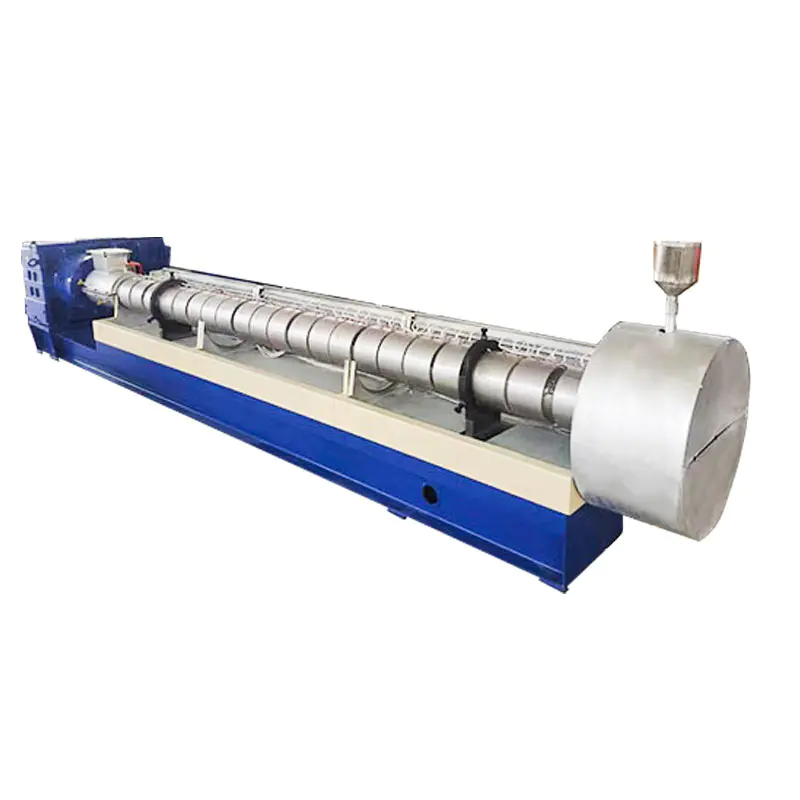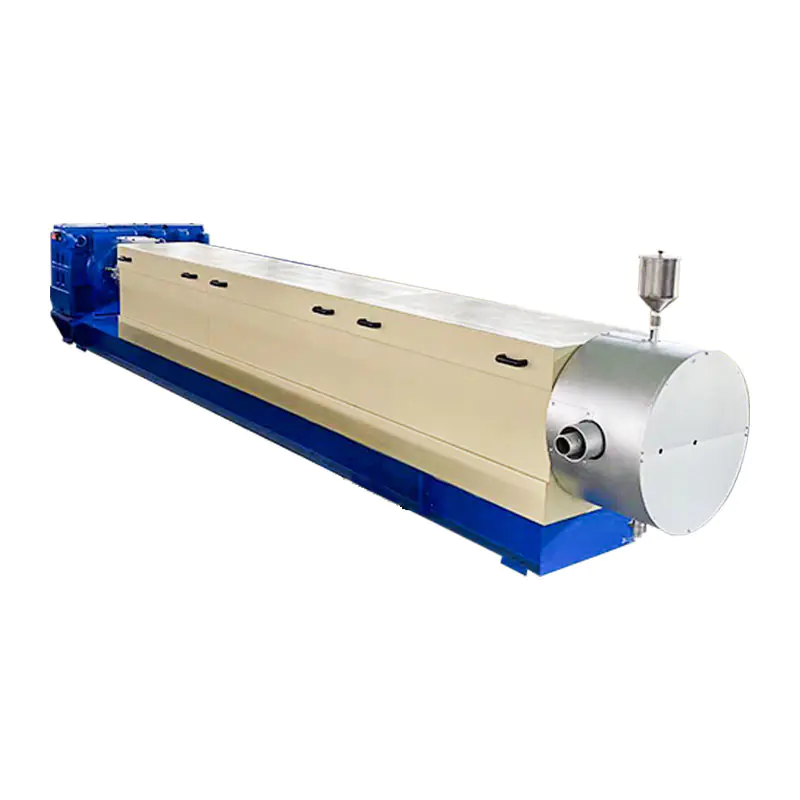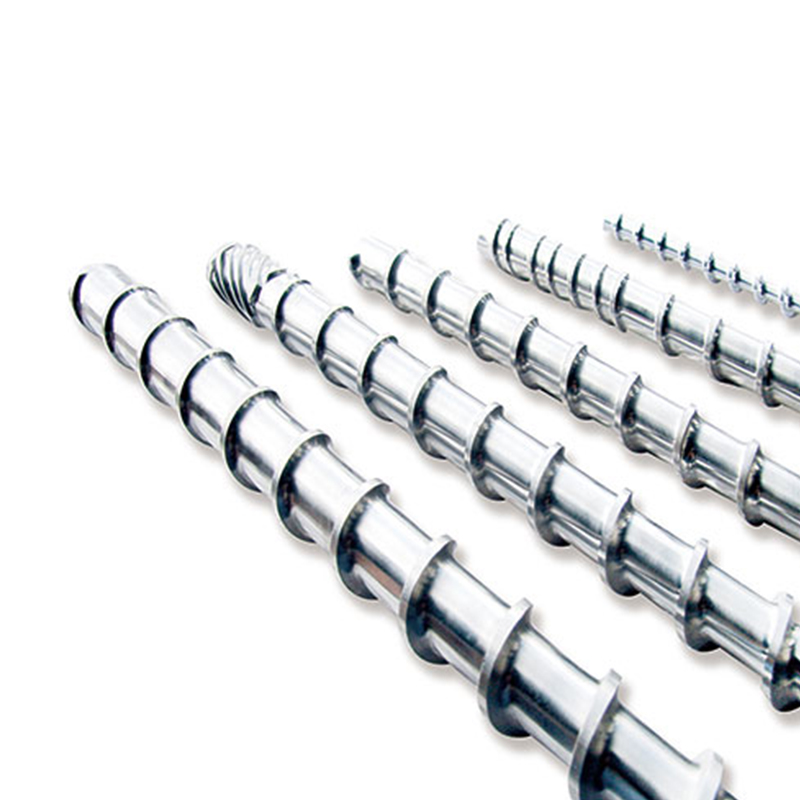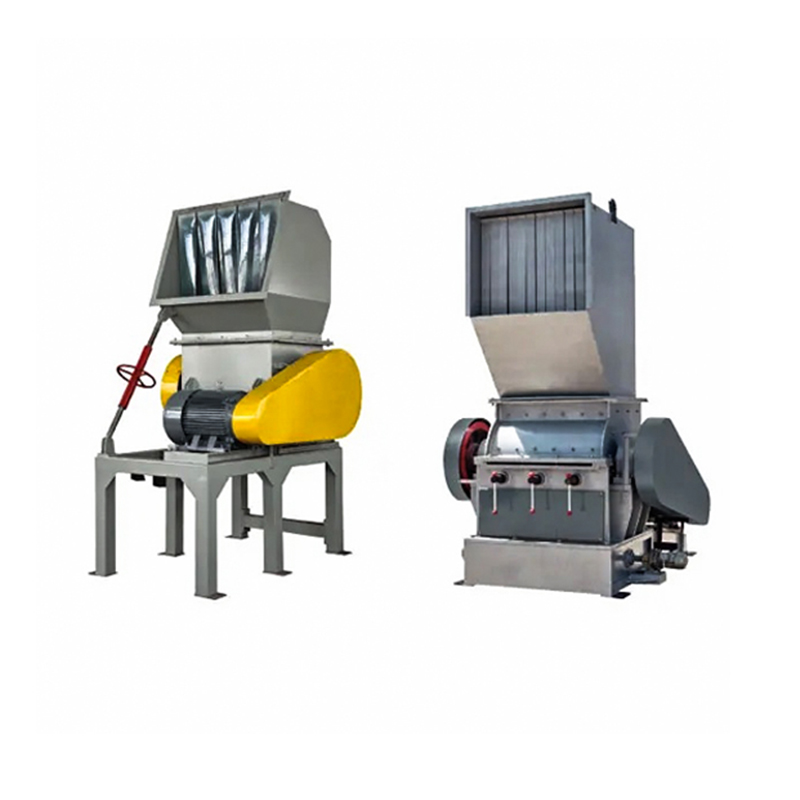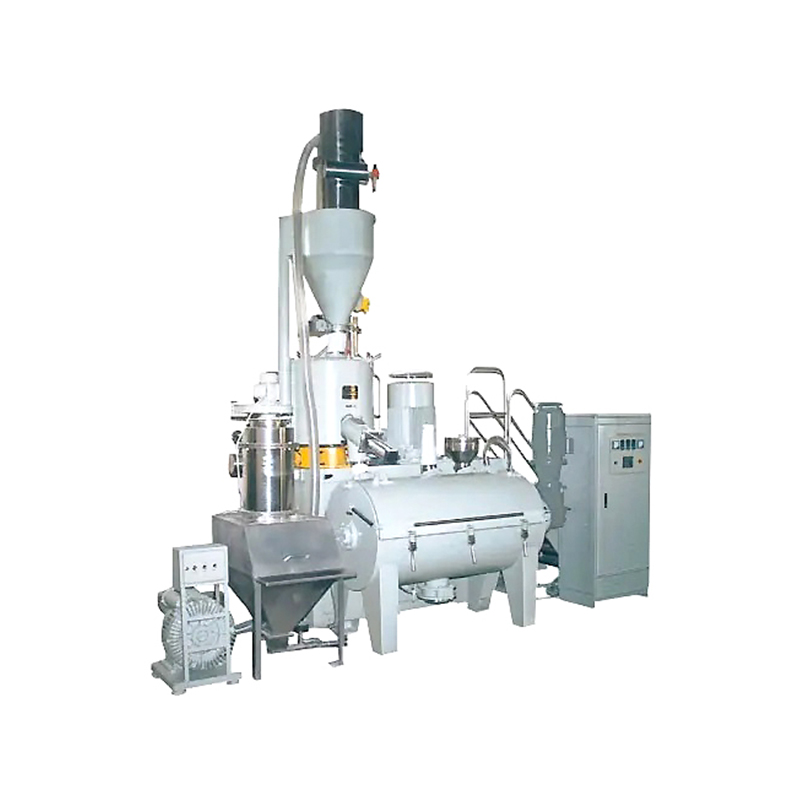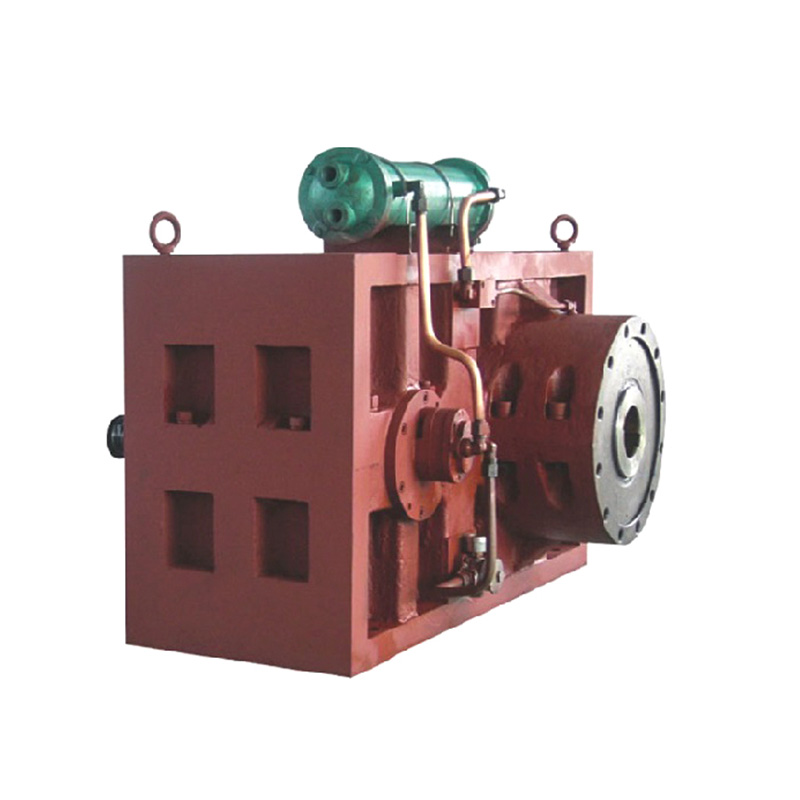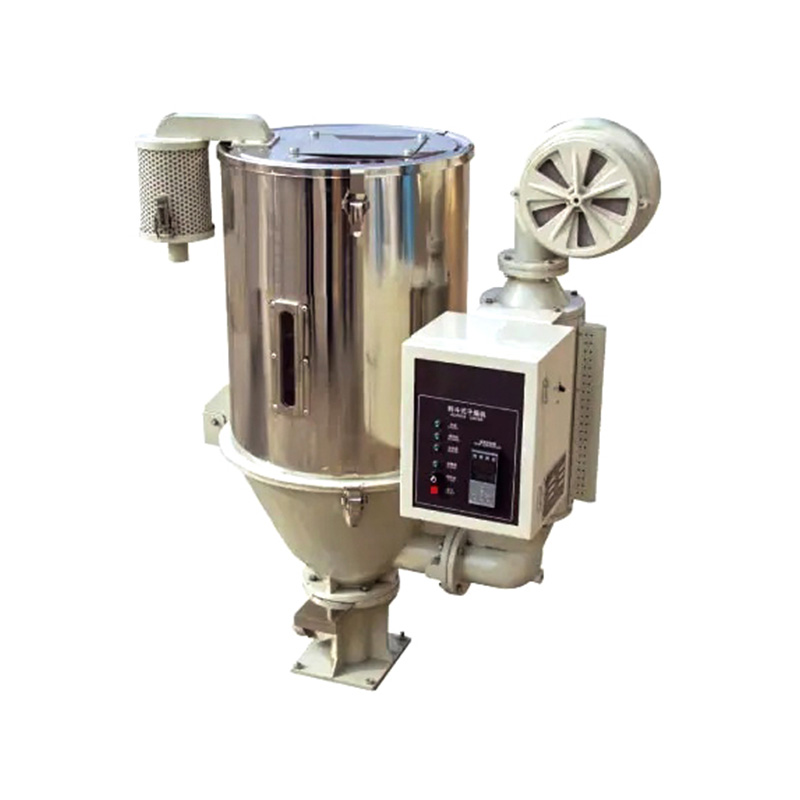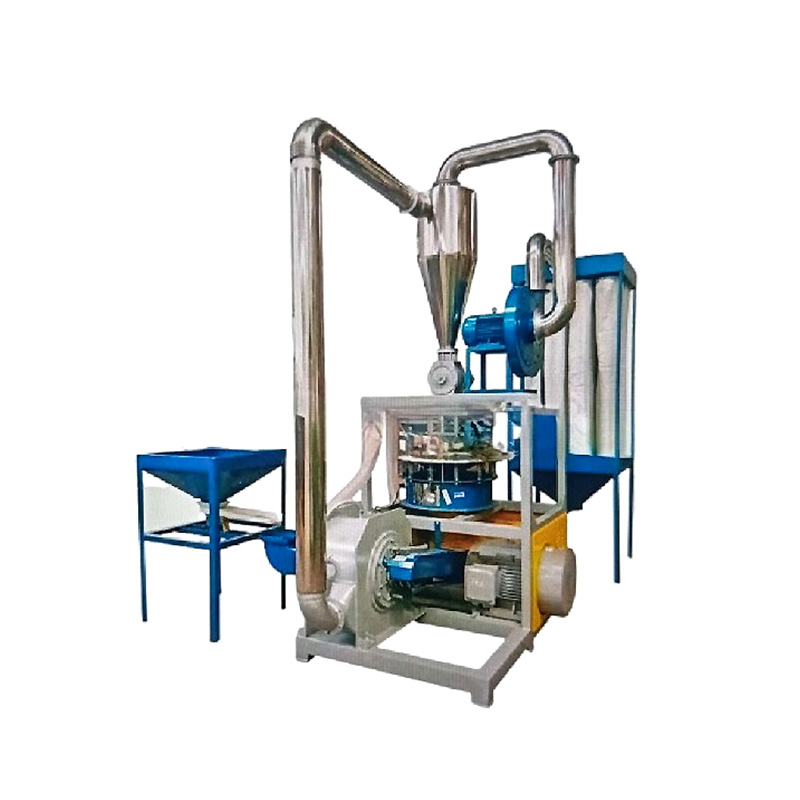The conical screw barrel is the heart of many extrusion and injection molding processes, directly impacting product quality, throughput, energy efficiency, and operational lifespan. Choosing the correct one for a specific machine and application is not merely a procurement task; it's a fundamental engineering decision. Selecting poorly can lead to subpar output, increased downtime, costly repairs, and premature replacement. Here's a structured approach to making this crucial choice:
Understand Your Machine Specifications:
Compatibility is Paramount: The conical screw barrel assembly must be designed specifically for your machine's make, model, and clamping force. Key dimensions include the screw length, diameter (major and minor), flight design, and the matching barrel's internal taper and liner specifications. Always consult the machine manufacturer's technical documentation for exact requirements.
Drive System Constraints: Consider the torque and power capabilities of your machine's drive system. An oversized or overly aggressive screw design can overload the drive, leading to inefficiency or failure.
Analyze the Processed Material(s):
Material Characteristics: Different polymers (PVC, PO, PS, engineering resins, recycled content, filled compounds) have vastly different flow behaviors, melting points, shear sensitivity, and potential for degradation or abrasion. The screw design (compression ratio, flight depth, mixing elements) and barrel liner material must be optimized for the primary material(s).
Corrosion & Abrasion Resistance: Processing corrosive materials (e.g., certain PVC formulations, fluoropolymers) necessitates specialized barrel liners (e.g., bimetallic, nickel alloys). Abrasive fillers (glass, minerals, carbon fiber) demand barrel liners and screw surfaces hardened with specific coatings (e.g., tungsten carbide, specialized nitriding) to resist wear.
Define Your Process Requirements:
Output Rate & Efficiency: Required production throughput dictates screw size and design elements affecting melting capacity and plastication efficiency.
Mixing & Homogenization Needs: Does the process require intensive distributive or dispersive mixing (e.g., for colorants, additives, blending regrind)? Screw designs incorporating mixing sections (e.g., Maddock, pineapple, barrier flights) address these needs but add complexity.
Temperature Control & Stability: Precise thermal management is critical. The screw design can influence shear heating, while barrel cooling zones and heating technology must be adequate for the material's thermal profile.
Residence Time & Degradation Risk: For heat-sensitive materials (like rigid PVC), minimizing residence time and shear heat is essential. Screw designs with lower compression ratios and optimized flights help mitigate degradation.
Evaluate Screw & Barrel Specifications:
L/D Ratio (Length-to-Diameter): While standard for parallel screws, the conical equivalent relates to the effective working length influencing melting, mixing, and pressure development.
Compression Ratio (CR): Critical for melting and homogenization. Higher CRs provide more intense shear and compression (good for polyolefins), while lower CRs are gentler (essential for PVC, sensitive materials).
Flight Design & Geometry: The number of flights, channel depths, pitch, and any special elements (mixing sections, barriers) define the material conveying, melting, and mixing behavior.
Surface Treatments & Materials: Screw surfaces and barrel liners are hardened/coated for wear resistance (nitriding, specialized alloys, bimetallic liners, HVOF coatings). The choice depends heavily on material abrasiveness/corrosiveness.
Assess Manufacturer Capability & Support:
Engineering Expertise: Choose a supplier with proven experience in designing conical screw barrels for your specific type of machine and application. Look for technical support during the specification phase.
Manufacturing Quality & Consistency: Precision machining and heat treatment are non-negotiable for performance and longevity. Inquire about quality control processes.
Material Traceability & Certification: Ensure critical components (liners, base metals, coatings) come with proper material certifications.
Technical Support & Service: Availability of prompt technical assistance, troubleshooting guidance, and reliable repair services is invaluable.
Lead Times & Spare Parts Availability: Consider the supplier's ability to meet your timeline requirements and stock critical spare components.
Selecting the right conical screw barrel demands careful consideration of machine compatibility, material properties, process goals, and technical specifications.

Web Menu
Product Search
Exit Menu
Industry News
Product Categories
How to Choose the Right Conical Screw Barrel for Your Machine?
Recommended Products
CONTACT US AND GET A QUOTE
PRIORITY TO LEARN ABOUT OUR NEW PRODUCTS
PRIORITY TO LEARN ABOUT OUR NEW PRODUCTS
CONTACT INFO
Copyright©2023 Zhejiang Dowell Machinery Co.,Ltd. All Rights Reserved. Plastic Extrusion Machinery Manufacturers Plastic Screw Barrel Suppliers


 عربى
عربى


